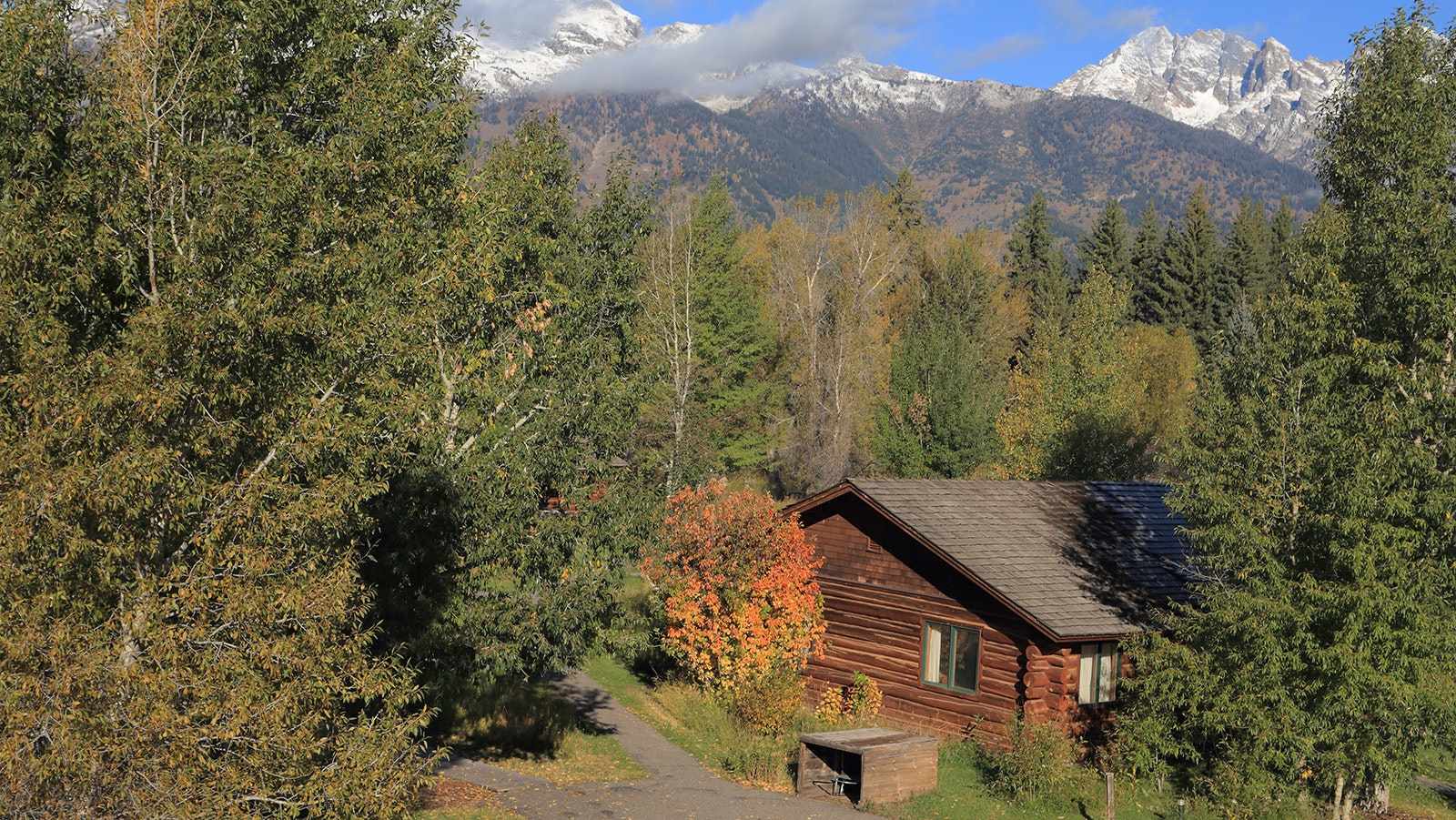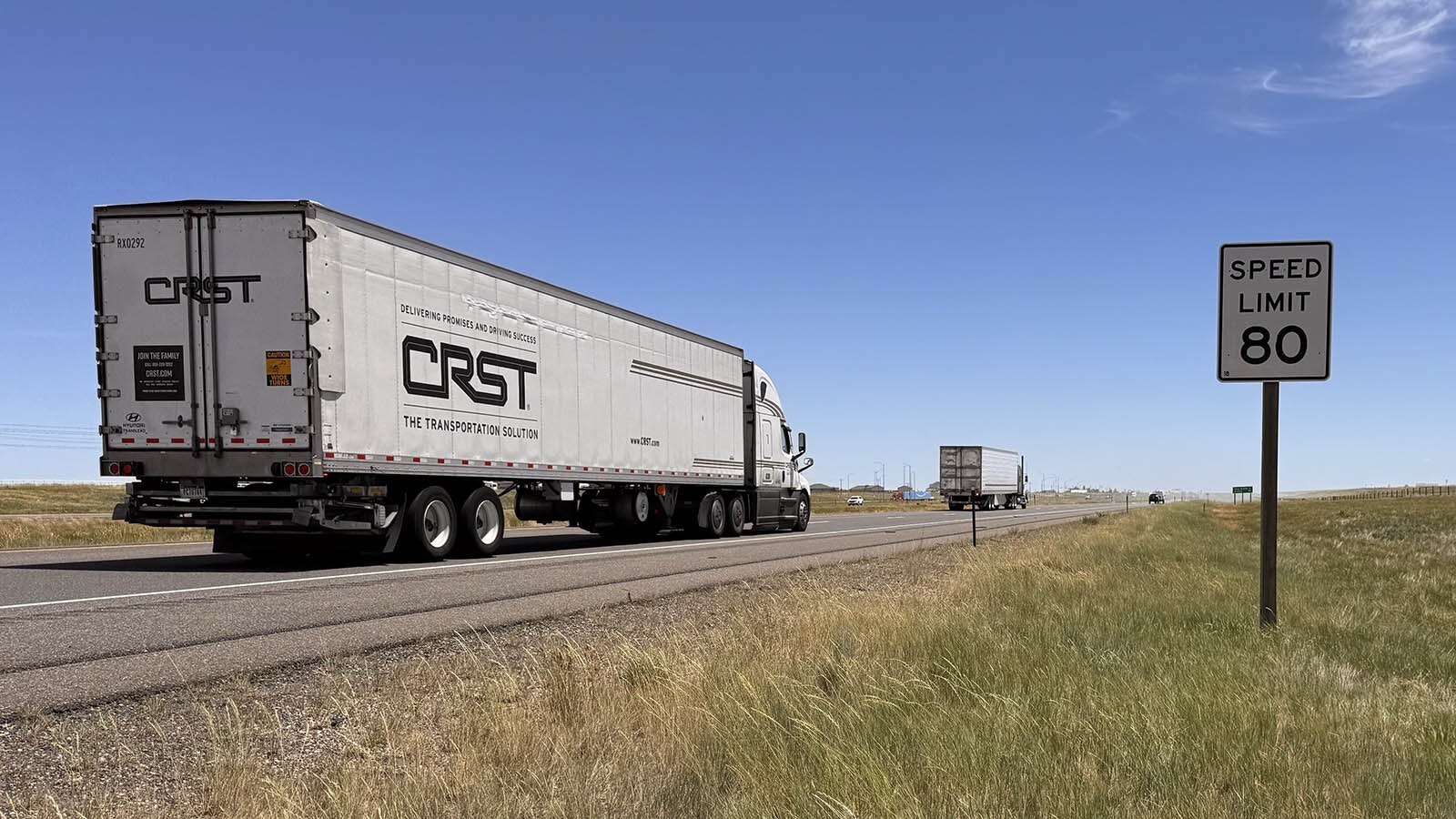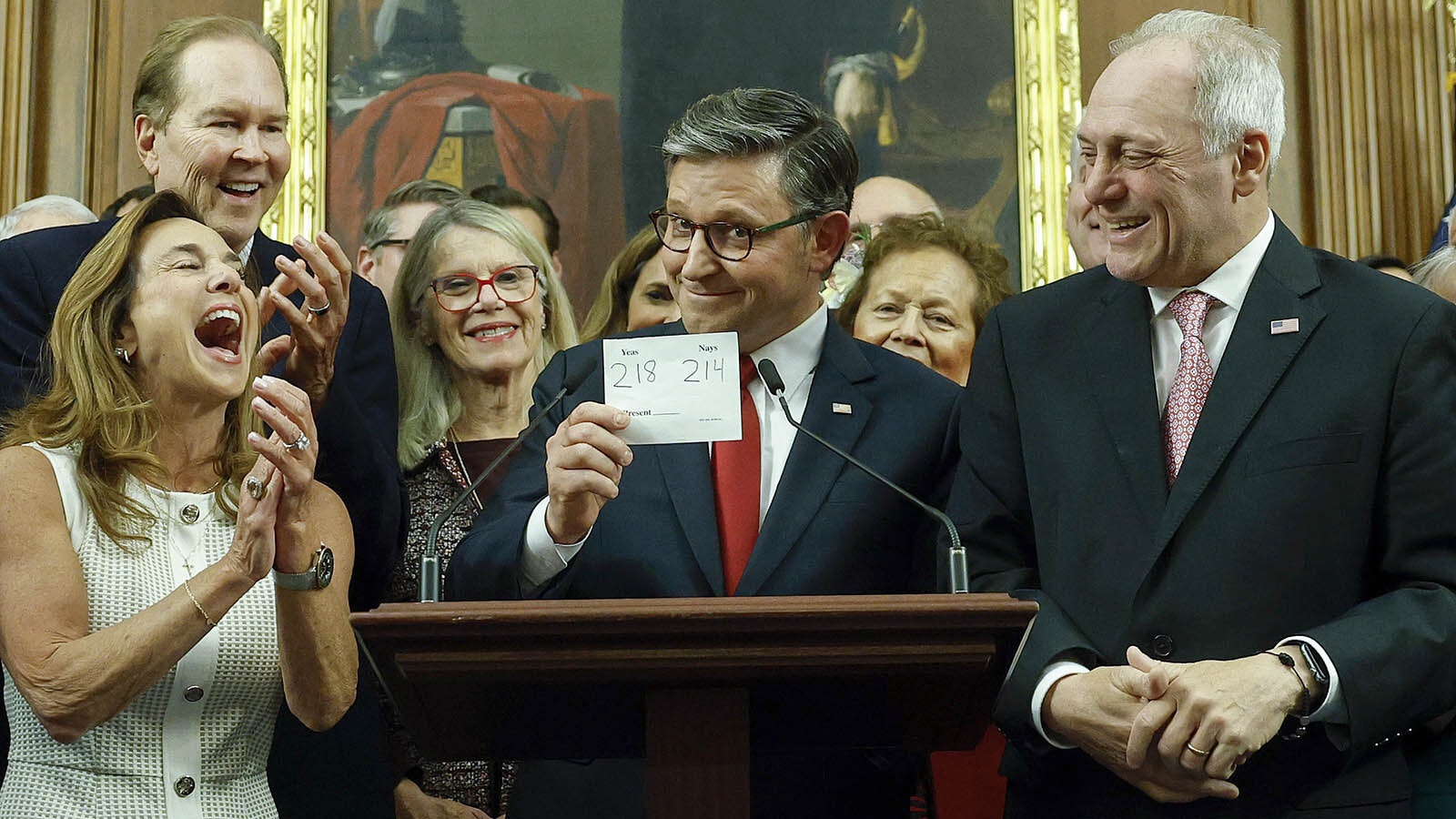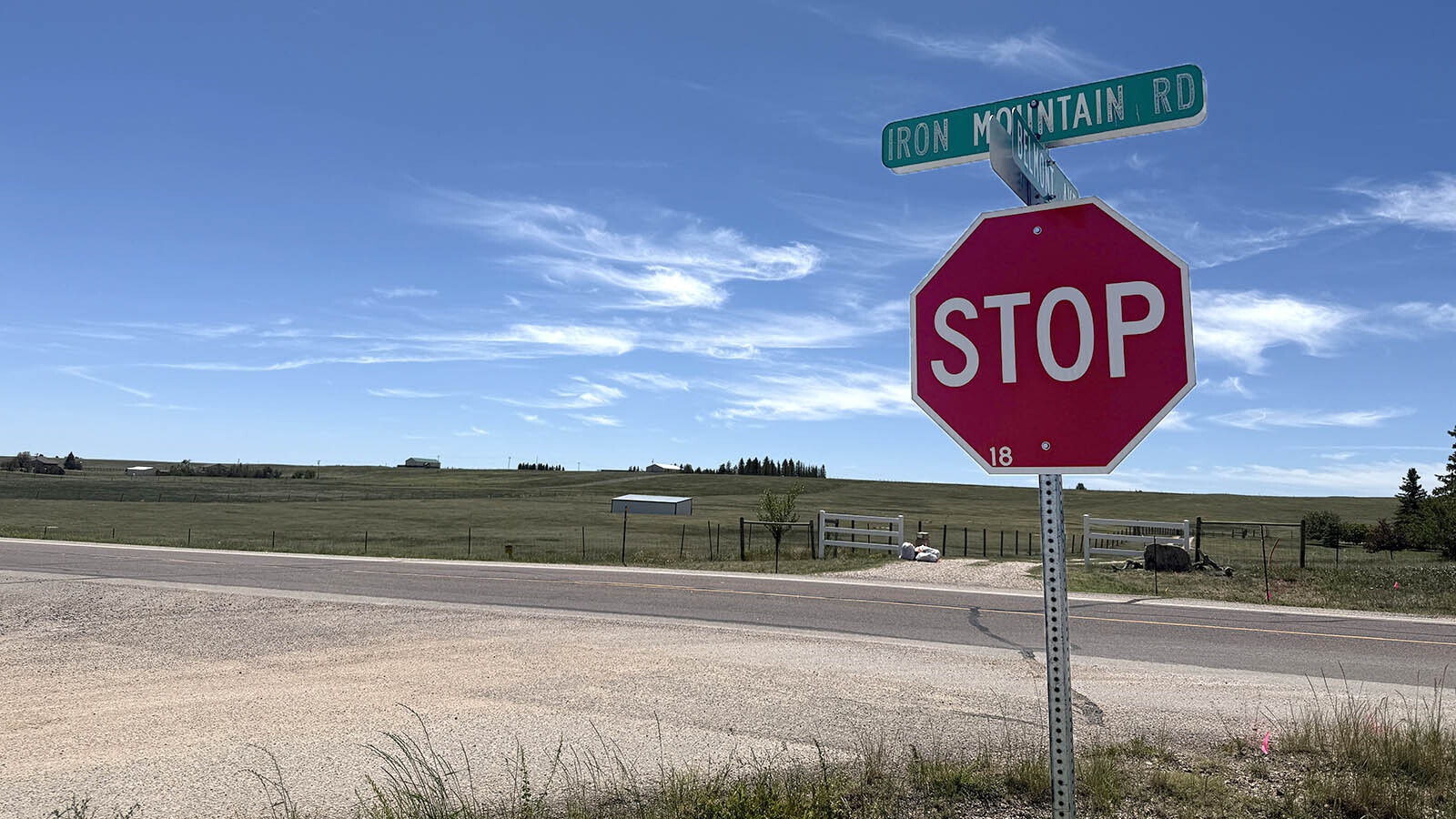Part-time Cody resident Penny Preston worries that she will be priced out of her U.S. Forest Service cabin someday because of rising property taxes.
“I’m not looking at yesterday, I’m fearful for the future,” Preston said. “I’m worried we will not be able to keep our cabin if it continues to be compared to other properties.”
Preston is upset that Park County Assessor Pat Meyer has been assessing her 1,400-square-foot cabin and other Forest Service cabins based on comparable real estate located outside of the national forest.
She brought up the example of an 800-square-foot home in the North Fork that is selling for $589,000 as part of her concern that her larger but much lower valued cabin could someday easily be assessed at more than $1 million.
Forest Service cabins tend to cost less and sell slower than traditional deeded properties, as the buyer only owns the physical cabin and not the land it sits on. Preston is concerned that the Wyoming housing market, which has boomed in recent years due to many out-of-state buyers, will continue doing so for the foreseeable future, causing the assessed value of her cabin to skyrocket if it continues to be compared to the value of traditional residences.
“We’re scared to death that we’ll lose this cabin that means so much to us because we won't be able to pay the taxes,” Preston said.
Preston and her husband already sold their full-time property in Cody a number of years back because they could no longer afford the property taxes, she said. Now, they live part of the year in their native Arkansas.
“I chose to buy this cabin instead of RVs, ATVs, motorboats,” Preston said. “I chose to buy this as my piece of heaven, so I shouldn’t be penalized by a system that is unfair.”
Not Exactly Apples To Apples
Forest Service cabins are a peculiar beast because their owners are much more restricted than other residential property owners.
In most instances, besides not owning the land, they’re also entirely forbidden from adding to their property, and from making any changes to the land it sits on without permission from the federal agency.
Even though they are considered the owners of their structural property, Preston and many other Forest Service cabin owners are either not allowed to stay in their cabins throughout the year or can’t because of a lack of insulation. Those who are allowed to use their cabins in the winter, she said, are often restricted from plowing their driveways.
The Forest Service also can revoke their ownership at any time without warning or any kind reimbursement, and owners still must pay a lease. If a forest fire were to burn a cabin down, the Forest Service may not allow the owner to build a replacement cabin. Preston also said homeowners would not get a full home insurance payout unless they decided to build another cabin on the property.
“There’s a lot of risk in this,” Preston said. “When you buy a cabin, you take a leap of faith.”
Despite having fully paid off their 1955-built cabin at the time of purchase, Preston still pays $2,400 a year to the Forest Service on the property.
That’s on top of county-assessed property taxes, which this year came in around $2,300. Only two years prior the taxes were $1,300.
Because of these differences, Preston believes it’s not a fair comparison to assess these cabins at the same rates as a deeded property with none of the same limitations.
She believes these privately owned cabins on federal land should be assessed the same way homes in a mobile home park are assessed — as personal property. The difference between these properties, however, is that they are typically much cheaper than a Forest Service cabin.
“When I saw the assessor comparing it to a deeded property, that’s not right,” Preston said. “You should not use residential comps. You should use Forest Service cabin comps.”
What Does Meyer Say?
Meyer confirmed that he often determines the assessed value of a Forest Service cabin based on a uniform model of comparisons made to similarly sized structures located outside of the national forest.
The Shoshone National Forest where Preston’s cabin is located hosts some of the oldest cabins in the country because it was the nation’s first national forest.
Preston recently provided to Meyer seven examples of recently sold Forest Service cabins in her area, only one of which sold for more than $300,000.
Meyer said he has been using some records from recently sold Forest Service cabins to help recently with his assessments, but said these types of records are not always readily available or easy to find.
The Forest Service doesn’t “give a statement of consideration because they don’t consider those cabins personal property on Forest Service land,” he said.
Meyer said he works to make sure he is at least comparing a property of similar value and believes that he is “very, very conservative” in his assessments of the Forest Service cabins, particularly when considering the sales prices of the actual cabins.
He isn’t convinced he has been assessing unfairly and believes the market for these cabins has boomed like the rest of the Wyoming real estate market. But Meyer also admitted that if he were in Preston’s shoes, he also would be concerned about rising property taxes.
“They (cabins) got really popular,” he said. “There’s a lot of different rules, but nonetheless people want these things and they’re paying a lot of money for them and I’m not there yet.
“I just don’t know why I would give them a break because they’re getting a piece of heaven too right now.”
Meyer also said Wyoming law requires him to take into consideration how much a property is selling for, whether or not it reflects its actual value. Based on his studies, he has been undervaluing the Forest Service cabins, citing two 2023 cabin sales that he believed went for around twice the market value of the properties.
“Some of these sales are incredible,” he said.
Taxes Vary By County
Teton County does its assessments somewhat differently than Park County.
In an email to Jackson resident Joy Lamb in May, an appraiser with the county confirmed that it assesses Forest Service cabins based on the sales prices of neighboring cabins.
Despite an incredibly expensive housing market in Teton, Forest Service cabins seem to operate in an isolated market there. The appraiser provided examples to Lamb of three cabin purchases that each sold for less than $400,000 in recent years.
Like Park County, Teton also looks at what it would cost to rebuild a cabin, subtracts depreciation, and then multiplies that figure by a comparable market adjustment rate to determine a property’s fair market value.
Meyer said Albany County assesses Forest Service cabins the same way he does, which a resident of that county confirmed to Cowboy State Daily.
Preston said Big Horn County employs a similar method, but assesses purely based on the determined value of a property. There, she said an 800-square-foot cabin comes out at around $200,000.
She believes there needs to be more uniform taxation throughout the state.
“There’s three different counties with three different taxing models,” she said.
Meyer said he interprets the law in the way he finds to be most fair and doesn’t particularly care how other counties are assessing their properties. But he also said he’ll consider any evidence brought to him.
“I’m still willing to consider anything,” he said.
In Johnson County, which also hosts many Forest Service cabins in the Bighorn Mountains, county assessor Steve Esponda said he takes more of a hybrid assessing approach, comparing both the historical Forest Service cabin and normal market sale prices.
He’s seen many Forest Service cabin sales come in two to three times higher than the market value of a cabin.
“It’s not quite as cut-and-dry as other sales,” he said. “It’s not fair to be paying half the fair market value.”
Leo Wolfson can be reached at leo@cowboystatedaily.com.





